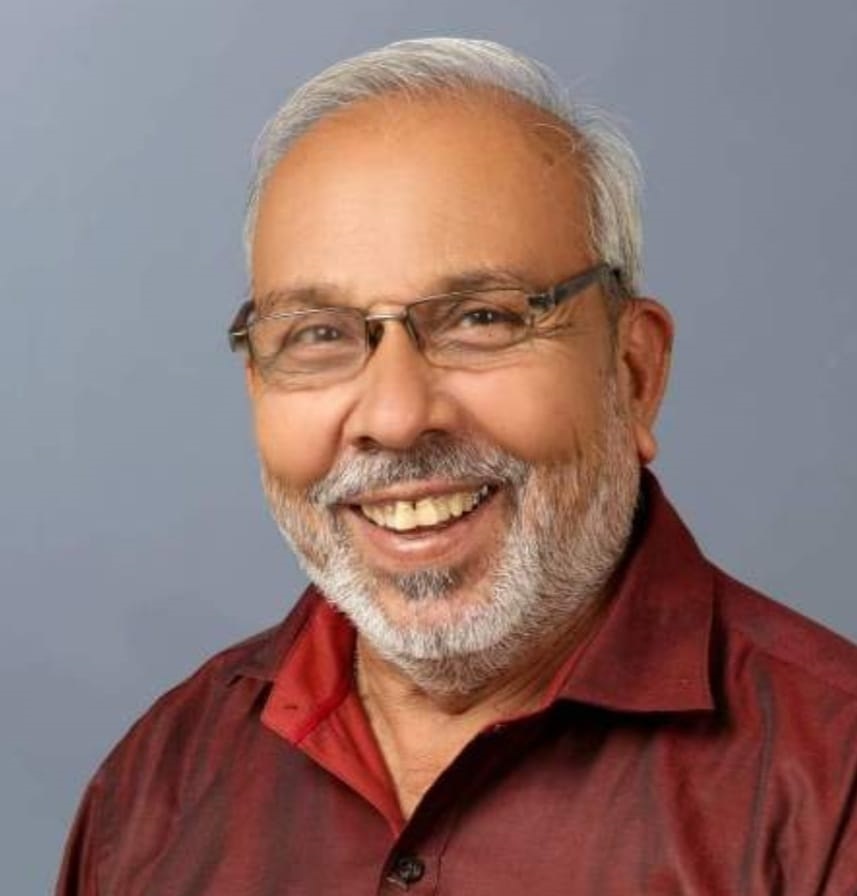
Kota Literature has a direct connection with society. A writer draws experiences from society and returns them through their work. For instance, Mahadevi Verma expresses sorrow in her lines, "I am a cloud full of sorrow," which resonates with compassion. Similarly, when Subhadra Kumari Chauhan writes, "The throne shook and the royal families trembled, a new youth had arisen in old India," she appears to challenge the conventional norms. From Rajasthan, Prabha Thakur says:
"Words have become meaningless,
Since you have become wise."
Just like poets, female writers also send messages through their verses. In recent years, two women’s literary organizations, Aryan Lekhika Manch and Rangitika Kala-Sahitya Sansthan, have contributed greatly to creative endeavors in Kota. They have brought forth a series of female writers, most of whom are poets. These women's poetry evokes a variety of emotions, including love, compassion, valor, and contemporary concerns. Their poetry often stems from deep spiritual reflection, love for nature, and the struggles against societal injustices, giving their work a multi-dimensional message.
Women poets in the Hadoti region today are creating a rich literary flow, with influences of philosophy and reflection. Dr. Neel Prabha Nahar’s work focuses on nationalism, spirituality, and philosophy, with poignant lines such as:
"We come from dust and return to dust,
We came empty-handed, we leave empty-handed."
Her thoughts echo those of the celebrated poet Shakuntala Renu, who beautifully expresses:
"I never understood the essence of life,
Pain is the only truth."
From Jhalarapatan, Nirmala Arya says:
"Families are breaking, relationships crumbling,
Yesterday’s loved ones no longer feel like our own."
Dr. Krishna Kumari 'Kamsin', a nationally published poet from Hadoti, shares a sweet, yet powerful verse:
"Words don't recognize caste, creed, or color,
They remain as far from these as the stars from the earth."
Kusum Joshi, a poet who has represented Hadoti on national platforms, captures the essence of hope and belief in her poetry. She writes:
"Clouds roared in all directions,
Scaring us, threatening to pour.
But when I saw my firm belief,
The winds of change ceased to blow."
There has long been a desire to see all the learned women writers from the Hadoti region come together in one place, and this dream was realized by journalist and writer Dr. Prabhat Kumar Singhal, whose book "Nari Chetna Ki Sahityik Udaan" has opened doors to new possibilities and discourses on women’s writing. In this collection, the emerging poet Aditi Sharma 'Saloni' presents a message for the environment:
"This environment is ours, we cherish it with all our hearts,
It is the foundation of life, both formless and formed,
A gift from God and a decoration of the earth."
Other poets in this collection, such as Akshyalata Sharma from Kota, share their national perspectives, such as:
"This is the land of Rana Pratap,
Where the soil is rich with bravery,
I wandered through the forests,
My thirst unquenched, but determined."
Life, with its ups and downs, is central to their work. Anuradha Sharma 'Anudya' reflects:
"Life is like a cup of honey,
We must drink from it even when circumstances are bitter."
Archana Sharma echoes this sentiment, stating:
"Time doesn't change,
People, relationships, and seasons do.
Day and night, morning and evening,
Life is a game of imagination, emotions, and possibilities."
Dr. Himani Bhatia, in a nostalgic poem, recalls her mother:
"If you were here, so much would be different,
Without you, it feels empty, mother."
Dr. Indu Bala Sharma, in her poem, speaks of the struggles daughters face:
"Daughters endure the storm of life,
They die even before birth,
The world is a place of love, and through love, it becomes beautiful."
The poets of Hadoti, through their diverse themes, explore human emotions, relationships, societal issues, and the very essence of life itself. Their collective works, such as those by Pragnya Gautam and Sumanlata Sharma, contain symbols and metaphors that leave lasting impressions.
In this vast and dynamic literary landscape, prominent figures such as Dr. Vina Agarwal, Shikha Agarwal, and Dr. Taruni Kariya have set high standards, with their poetry touching on deep emotional and philosophical ideas. Dr. Vina Agarwal’s collection "Zindagi Tum" explores the various aspects of life, with verses like:
"Sometimes you are my companion,
Other times, in a crowd, you remain alone,
I never understood you, and you never understood me,
A riddle, unsolved, and unexplained."
The book "Nari Chetna Ki Sahityik Udaan" showcases the richness of Hadoti’s female poetic tradition, featuring various genres such as songs, ghazals, contemporary poetry, and sonnets. These writers not only bring forward their personal experiences but also provide a message to society.
In conclusion, the female poets of the Hadoti region offer a wide range of perspectives through their verses. They express their thoughts on societal issues, human emotions, and nature’s beauty, making an indelible mark in the world of literature. Their works will continue to grow in importance, as they take their place in the national literary landscape, offering a beacon of thought and creativity.